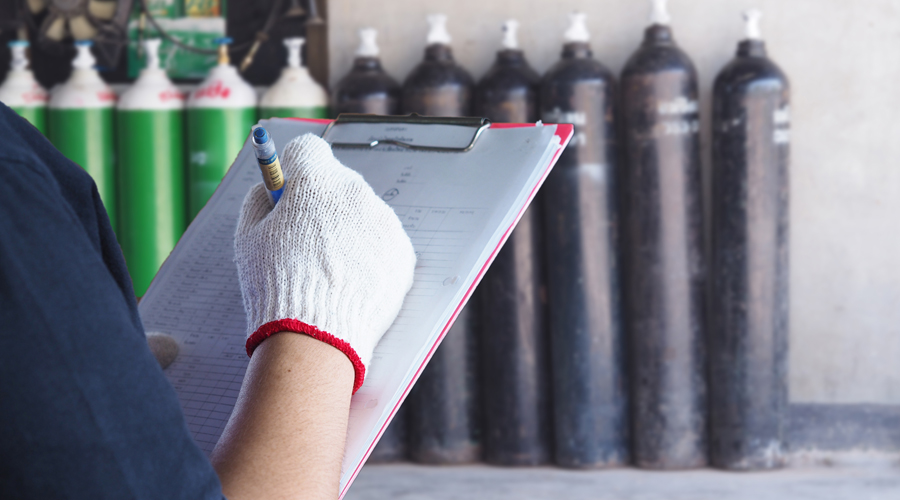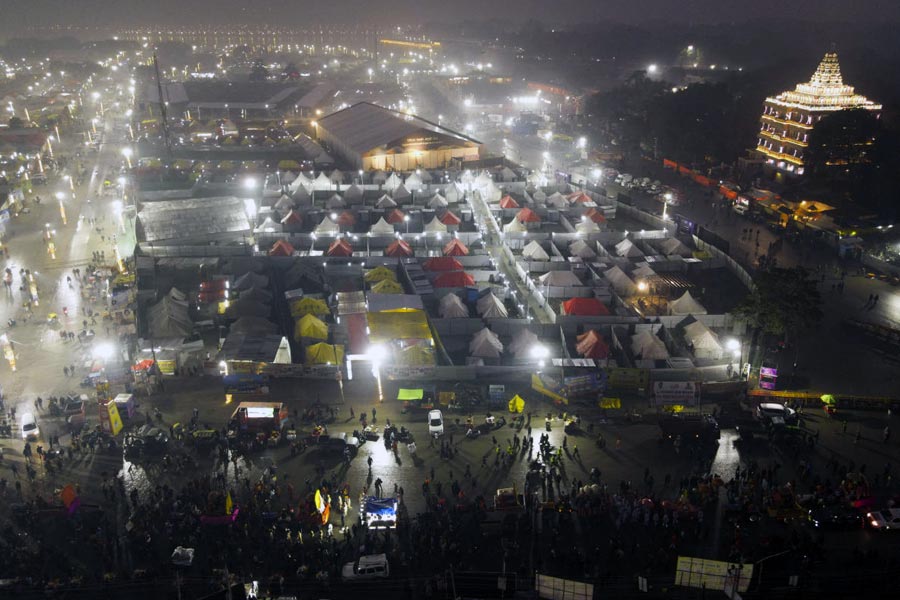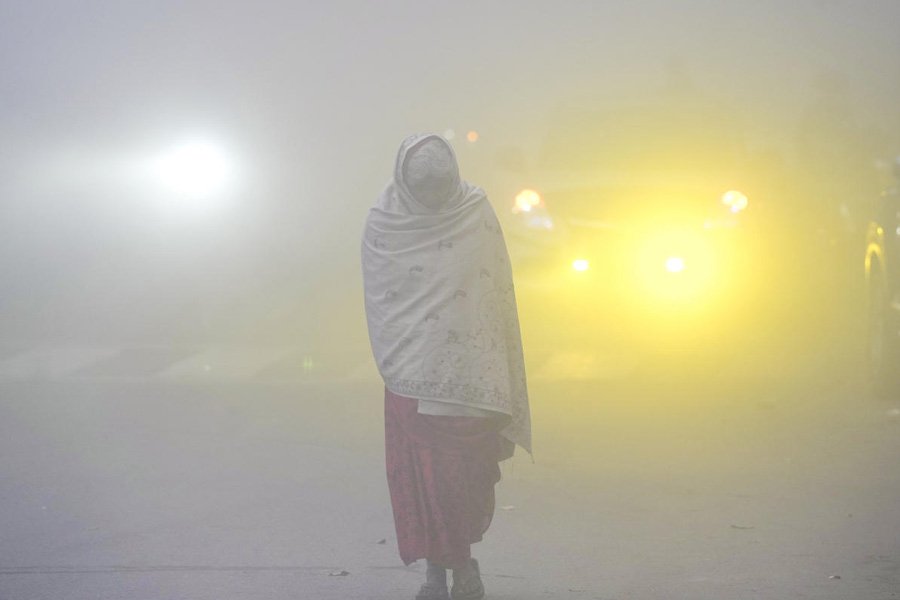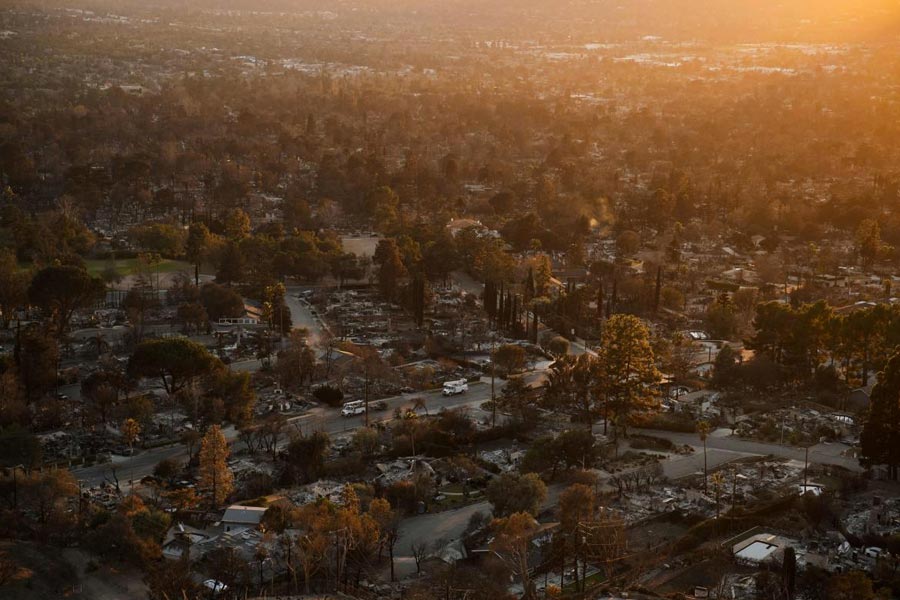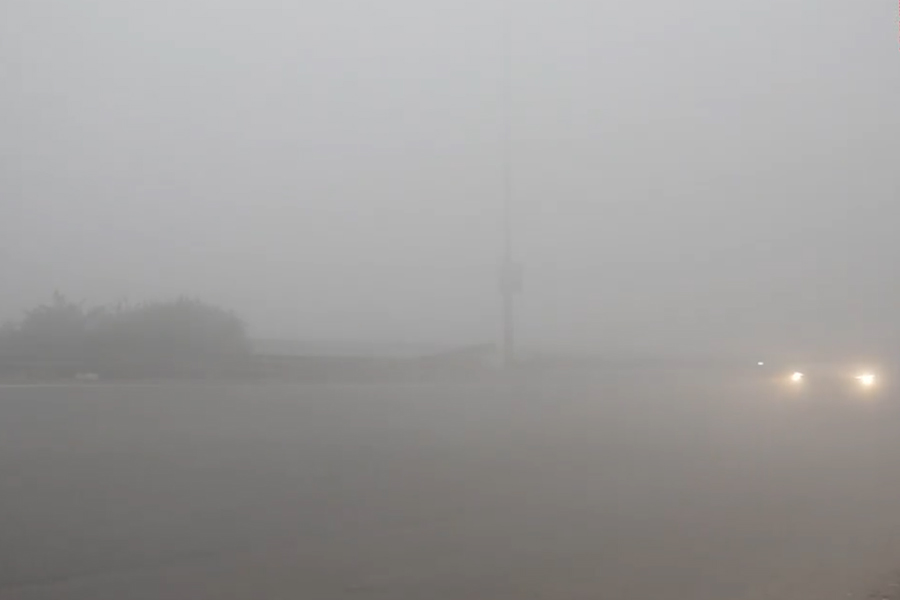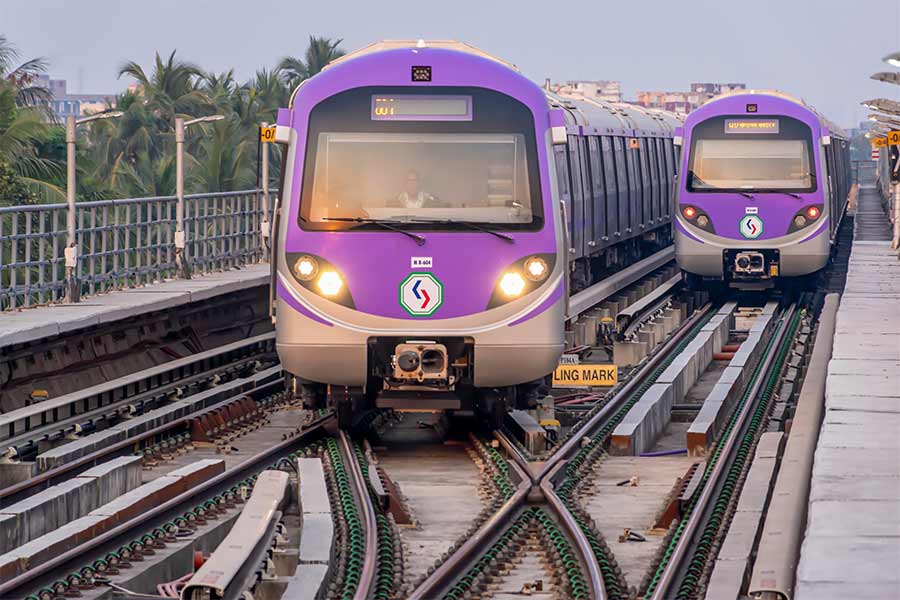Prime Minister Narendra Modi has chaired two meetings on medical oxygen over the past two days amid SOS alarms from hospitals and concerns among experts that the key challenge is not production but transport logistics.
Modi, in a video conference on Friday with domestic oxygen manufacturers, acknowledged the steps taken to increase oxygen production in recent days.
But he underlined the need to increase the availability of oxygen cylinders and upgrade the facilities for oxygen transport.
India’s medical oxygen production has increased by 3,300 tonnes per day over the past few days, with contributions from steel plants and oxygen producers and the diversion of industry oxygen, government officials had noted during another oxygen meeting chaired by Modi on Thursday.
At a meeting on Friday with the chief ministers of the 11 states hit the hardest by the second wave of Covid-19, Modi said the country’s states should ensure that no oxygen tanker is stopped or stranded, no matter which state it is bound for.
He asked the states to establish a “coordination committee” to ensure that as soon as the Centre allotted oxygen, it would be channelled to hospitals with the most immediate need.
A public health specialist and health administrator who has worked with the Centre in the past said such meetings “are important” and serve “more than just optics as most people would take PM-chaired meetings very seriously”.
“Particularly with Prime Minister Modi, when he says something should be done, everyone down the line is likely to implement it. To that extent, hopefully, we might see more of unhindered inter-state transport of oxygen,” the specialist said.
Delhi had earlier this week reported difficulties in accessing oxygen from other states. Two Delhi hospitals said their oxygen tankers were stopped in Haryana. Another hospital in Delhi on Friday morning tweeted that it had “less than an hour’s oxygen supplies” and had been waiting for promised supplies since 1am.
But other health experts have cautioned that merely enhancing oxygen production and ensuring seamless transport won’t immediately solve the crisis.
“The critical bottleneck is transport logistics, distribution and storage, moving cylinders back and forth, ensuring that oxygen reaches in time those hospitals that need it the most,” said T. Sundararaman, a community medicine expert and coordinator of the People’s Health Movement, a global network of health specialists.
“Scaling up production is relatively easy; getting oxygen to exactly where it is needed is difficult. This is why on-site oxygen generation in hospitals is important.”
The Centre had last October announced a plan and in January earmarked funds to install oxygen-generating plants in 162 government hospitals across India to support Covid-19 treatment. But only 33 plants had been installed until last week. The government has said the other plants will become operational by May this year.
Doctors anticipate the crisis to persist and possibly worsen if the epidemic grows at its current pace.
India on Friday recorded over 332,000 new Covid-19 cases, raising the total number of active patients to more than 2.4 million.
“Our daily counts of new cases now exceed three times the peak counts during the previous wave. This has obviously put an intense strain on oxygen supply,” said Dileep Mavalankar, director of the Indian Institute of Public Health, Ahmedabad.
Oxygen industry executives say people have started buying oxygen concentrators – bed-side devices that can filter nitrogen and concentrate oxygen to medical grade to assist patients.
“Stocks are being picked up every day by ordinary people, even those who won’t know how to use them,” said Indrajot Singh, a Bangalore-based executive with a private concentrator manufacturer.
Doctors have cautioned that oxygen concentrators are supplemental devices that are ideally used in conjunction with alternative supplies of oxygen.

